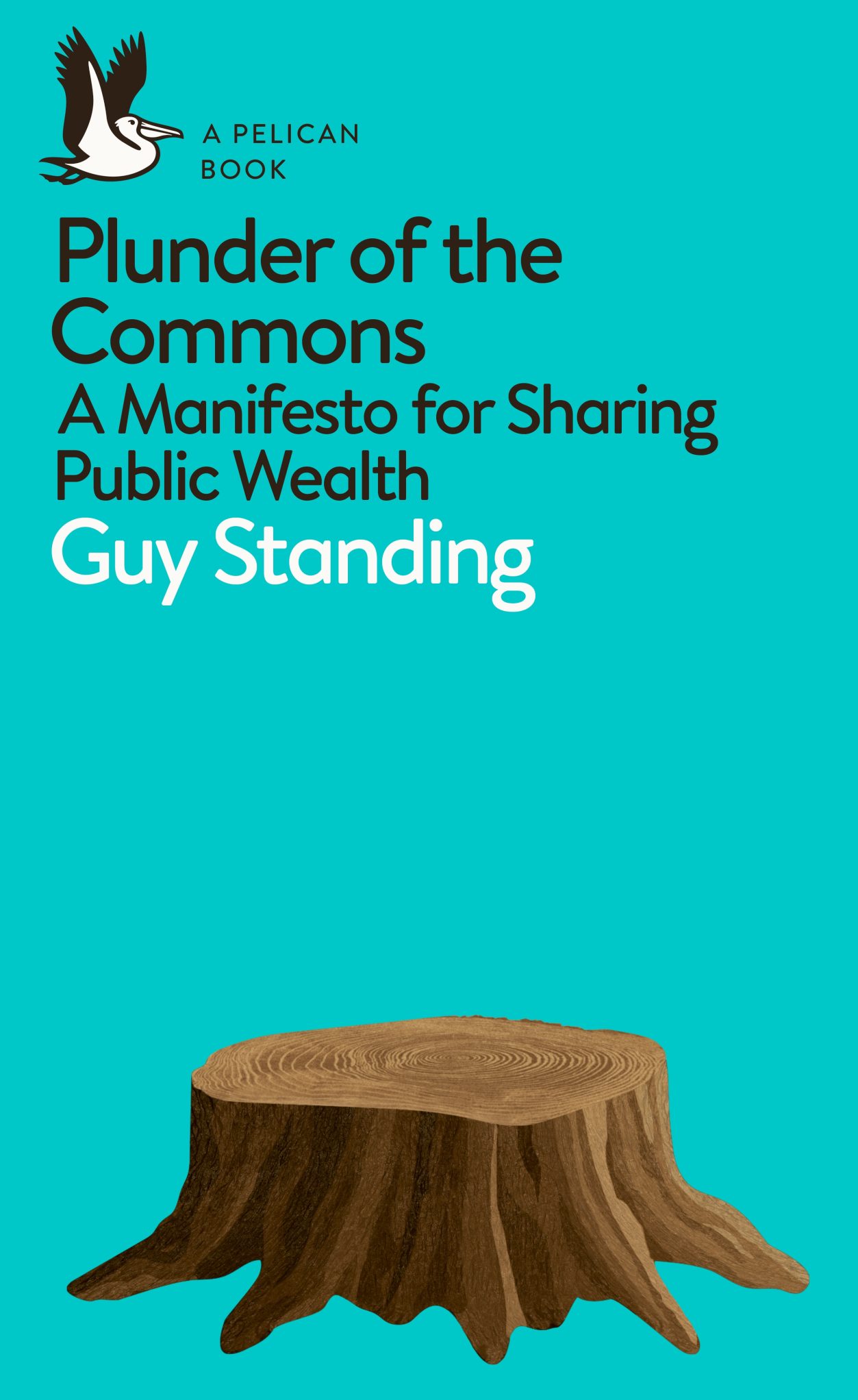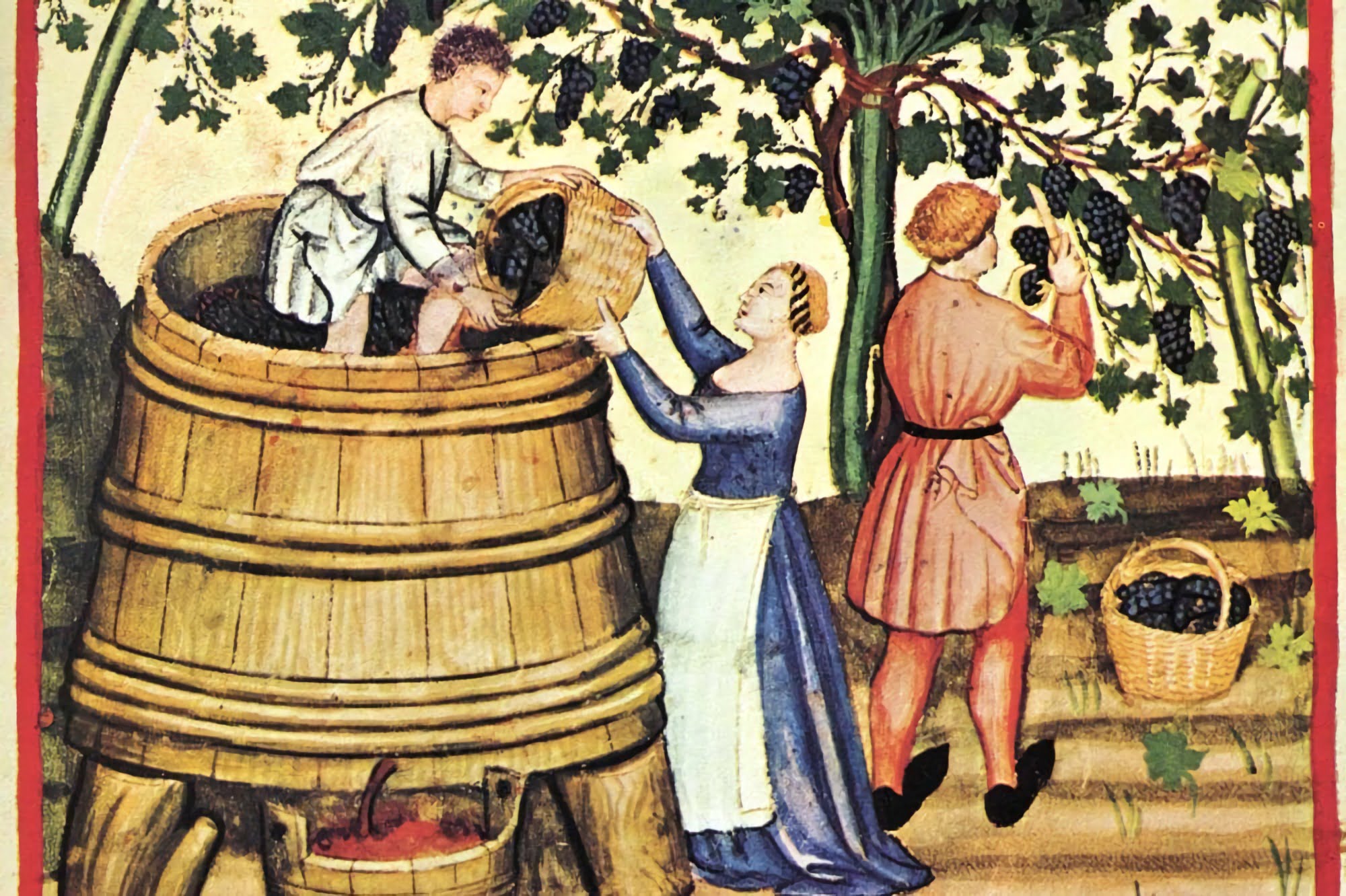Guy Standing’s new book examines how our common assets have been stolen from us and turned into sources of profit for the rich. He suggests this process is a result of bad political choices – but it is inherent to the capitalist system.
‘Society is defined by its commons… by whether public wealth takes precedence over private riches… our public wealth has been plundered by encroachment, enclosure, commercialisation, privatisation and colonisation…accelerated by neglect and downright sabotage’.
So notes author Guy Standing in his new book, ‘Plunder of the Commons’ (Pelican, 2019).
He sets out to examine how, both in history and also today, our shared “common” assets have been stolen and turned into sources of profit by the rich and powerful, aided by the establishment’s political friends.
 The book starts by referencing something most readers (if any) would not have heard of – The Charter of the Forest. This document was sealed into law on 6 November 1217 by the Regent of King Henry III, on the same day as the more famous Magna Carta. Whereas the Magna Carta confirmed the rights of the nobles and lords against the monarchy, the Charter confirmed the rights of the commoners and the lands they lived off. It ‘stood against the usurpation of the commons by elites and the state, which had been all too widespread and capricious’ in previous times. Obligations on land owners and rights for those who lived off that land were laid down. The Charter would remain on the statute books for 754 years, yet today it is forgotten.
The book starts by referencing something most readers (if any) would not have heard of – The Charter of the Forest. This document was sealed into law on 6 November 1217 by the Regent of King Henry III, on the same day as the more famous Magna Carta. Whereas the Magna Carta confirmed the rights of the nobles and lords against the monarchy, the Charter confirmed the rights of the commoners and the lands they lived off. It ‘stood against the usurpation of the commons by elites and the state, which had been all too widespread and capricious’ in previous times. Obligations on land owners and rights for those who lived off that land were laid down. The Charter would remain on the statute books for 754 years, yet today it is forgotten.
Of course, no sooner was the Charter enshrined into law than the establishment began working to get round it, grabbing public land and restricting access where they could. Over the centuries – and especially under capitalism – land was concentrated more and more into the hands of a small wealthy elite. Half of all land was public in the middle ages, now it is less than 5%.
The book goes on to look at how public land today is still being taken and turned into a source of profit, undermining the health of the masses and the very environment itself. Austerity has played its role in this by cutting funding to bodies responsible for administering public land and parks, thereby forcing them to sell-off juicy bits to private interests.
Of course, most people will have little interest in feudal rights to estover or turbary. However, Standing goes on to outline how the fate of past rights for ordinary people to use the land to live on can also be reflected today in what has happened to all of society’s public assets, showing how those rights also have been undermined.
The book’s starting point is the capitalist belief that all that matters is the price of a thing. If it has no price then it has no value. So the only value of our public assets is the price and therefore profit which can be got from it. So rather than seeing these assets and services as performing a public good, the bosses and their friends in the Tory Party (and New Labour too) see them as subjects for privatisation and exploitation.
So the book goes on to show how our shared public services, rights, legal protections and even culture and knowledge have all been grabbed and abused by the rich and powerful. So we see how the public utilities were privatised to provide massive returns for big business and how our NHS was (and is) being parcelled off for the outsourcing vultures. The homeless have, under the crisis of the system, expanded in numbers as never before but are treated not as a problem to be solved but as one to be swept away from view. The capitalist class really just want the homeless to quietly die.
The legal rights of the common people have also been ground down, insofar as they ever existed. The rise of capitalism brought a raft of vicious new laws in support of property rights. Successive governments have made more and more things illegal – constantly transforming misdemeanors into crimes, with all that flows from that.
Standing notes how in the aftermath of the riots of 2011, mass arrests and jailings were imposed for even the mildest of offences whereas after three long years no action was ever taken against the police for the shooting of an unarmed man, which started the whole thing off: ‘indecent haste and summary justice for some; indecent delay for others’. The criminalisation of the working class continues apace, through the use of first ASBOs and then the more-sinister sounding ‘sanctions’ for those on benefits.
Even such aspects of society as culture and education are not exempt. The privatisation of schools is well documented already but consider also the attack on public libraries and the pernicious role of big business in our colleges, museums and even our primary cultural assets.
Where the book fails is not in its valuable presentation of facts and analysis but in its proposed solutions.
The author alludes early on to the idea of social cooperatives as a way forward but does not understand how class society and the rule of capital will always limit and overwhelm this, bending everything to their rule. Like many soft-lefts he thinks that the regime of austerity was just a bad political choice, rather than being something that flows from the very logic of the system itself, in many ways an extension of the strategy that has marked the politics of capitalism since the ending of the post-war boom half a century ago.
Standing proposes a common fund, financed by a levy on big business. But capitalism would either avoid it or simply pass the cost on – probably both – and the fundamental problems outlined in the book would not be solved.
The only way out is to take control of the assets of the ruling class – the monopolies, huge corporations, banks and finance houses – and use this huge wealth (banks and offshore accounts currently are sitting on more money than that represented by the GDP of the whole planet) for the benefit, under a socialist plan of production, of all the common people of the earth. The basic rights Standing outlines in the book’s final pages are to be welcomed, limited as they are, but only a struggle for socialism can achieve them.






